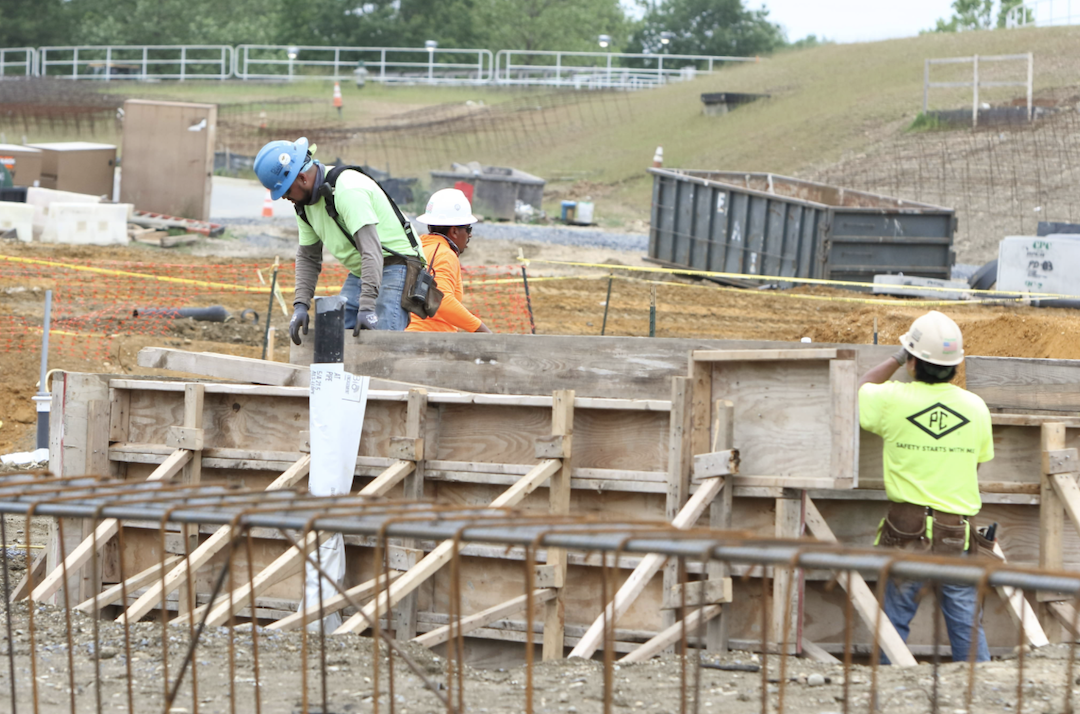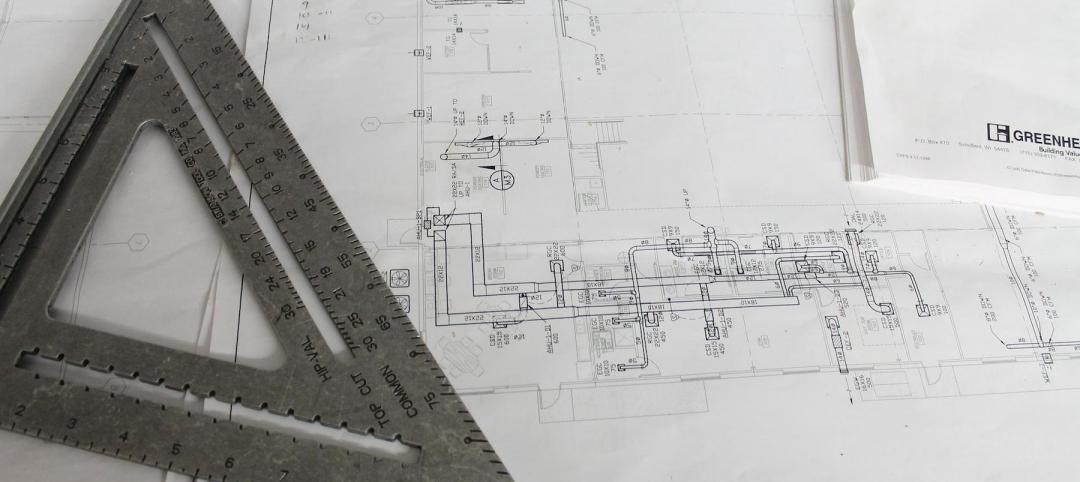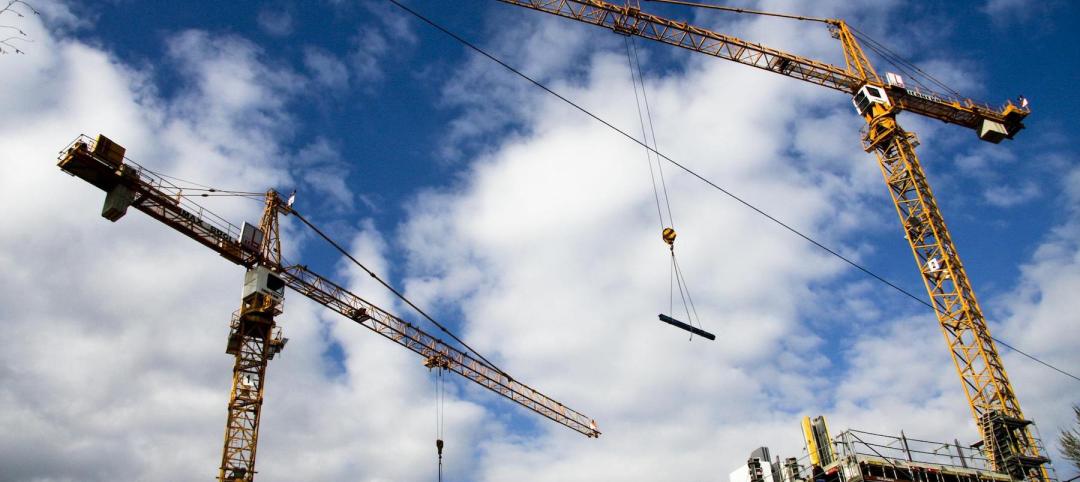Nearly one-fifth of U.S. metro areas lost construction jobs between September 2020 and September 2021, according to an analysis by the Associated General Contractors of America of government employment data released today. Association officials noted that the job losses are occurring in many metro areas as plans to boost investments in infrastructure languish in Washington and firms cope with shortages, delivery delays and construction materials price increases.
“Many metro areas are having a hard time getting back to construction employment levels from last fall that were already low because of the pandemic,” said Ken Simonson, the association’s chief economist. “The challenge is that the economic recovery for the construction industry is being undermined by Washington’s failure to boost infrastructure investments and continuing supply chain disfunction.”
Construction employment declined from a year earlier in 67 metros and held steady in 33. Nassau County-Suffolk County, N.Y. lost the most jobs (-6,000 or -8%), followed by New York City (-5,500 jobs, -4%); New Orleans-Metairie, La. (-3,100 jobs, -12%); Calvert-Charles-Prince George’s, Md. (-3,100 jobs, -9%) and Baltimore-Columbia-Towson, Md. (-2,400 jobs, -3%). The largest percentage declines were in Evansville, Ind.-Ky. (-18%, -1,800 jobs); New Orleans-Metairie; Fairbanks, Alaska (-10%, -300 jobs); Knoxville, Tenn. (-10%, -1,800 jobs); Gadsden, Ala. (-9%, -100 jobs); Calvert-Charles-Prince George's; and Victoria, Texas (-9%, -300 jobs).
Construction employment increased in 258 out of 358 metro areas over the last 12 months. Sacramento--Roseville--Arden-
Association officials urged members of Congress in the House to quickly pass an infrastructure bill that already received broad, bipartisan support in the Senate. They also encouraged the Biden administration to explore ways, like temporarily adjusting hours of service rules for drivers, to unclog shipping facilities that how more goods than drivers.
“Washington leaders have the ability to fix our supply chains now while also investing in their long-term efficiency,” said Stephen E. Sandherr, the association’s chief executive officer. “But nothing is going to get fixed with partisan talk and legislative and executive inaction.”
View the metro employment data, rankings, top 10, new highs and lows, and map.
Related Stories
Hotel Facilities | Jul 28, 2022
As travel returns, U.S. hotel construction pipeline growth follows
According to the recently released United States Construction Pipeline Trend Report from Lodging Econometrics (LE), the total U.S. construction pipeline stands at 5,220 projects/621,268 rooms at the close of 2022’s second quarter, up 9% Year-Over-Year (YOY) by projects and 4% YOY by rooms.
Codes and Standards | Jul 22, 2022
Hurricane-resistant construction may be greatly undervalued
New research led by an MIT graduate student at the school’s Concrete Sustainability Hub suggests that the value of buildings constructed to resist wind damage in hurricanes may be significantly underestimated.
Market Data | Jul 21, 2022
Architecture Billings Index continues to stabilize but remains healthy
Architecture firms reported increasing demand for design services in June, according to a new report today from The American Institute of Architects (AIA).
Market Data | Jul 21, 2022
Despite deteriorating economic conditions, nonresidential construction spending projected to increase through 2023
Construction spending on buildings is projected to increase just over nine percent this year and another six percent in 2023, according to a new report from the American Institute of Architects (AIA).
Building Team | Jul 18, 2022
Understanding the growing design-build market
FMI’s new analysis of the design-build market forecast for the next fives years shows that this delivery method will continue to grow, despite challenges from the COVID-19 pandemic.
Market Data | Jul 1, 2022
Nonresidential construction spending slightly dips in May, says ABC
National nonresidential construction spending was down by 0.6% in May, according to an Associated Builders and Contractors analysis of data published today by the U.S. Census Bureau.
Market Data | Jun 30, 2022
Yardi Matrix releases new national rent growth forecast
Rents in most American cities continue to rise slightly each month, but are not duplicating the rapid escalation rates exhibited in 2021.
Market Data | Jun 22, 2022
Architecture Billings Index slows but remains strong
Architecture firms reported increasing demand for design services in May, according to a new report today from The American Institute of Architects (AIA).
Building Team | Jun 17, 2022
Data analytics in design and construction: from confusion to clarity and the data-driven future
Data helps virtual design and construction (VDC) teams predict project risks and navigate change, which is especially vital in today’s fluctuating construction environment.
Market Data | Jun 15, 2022
ABC’s construction backlog rises in May; contractor confidence falters
Associated Builders and Contractors reports today that its Construction Backlog Indicator increased to nine months in May from 8.8 months in April, according to an ABC member survey conducted May 17 to June 3. The reading is up one month from May 2021.

















